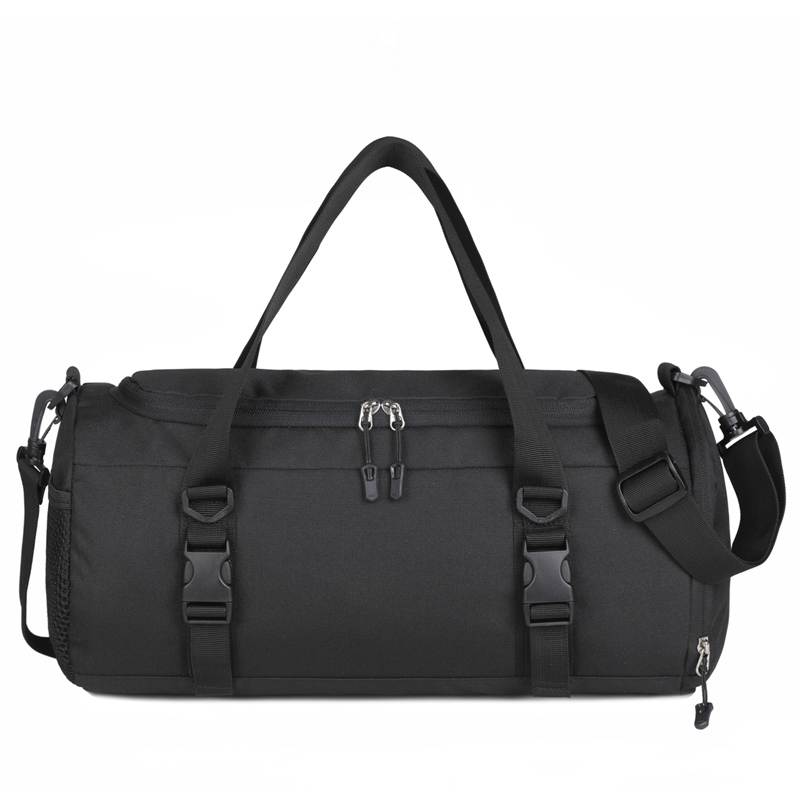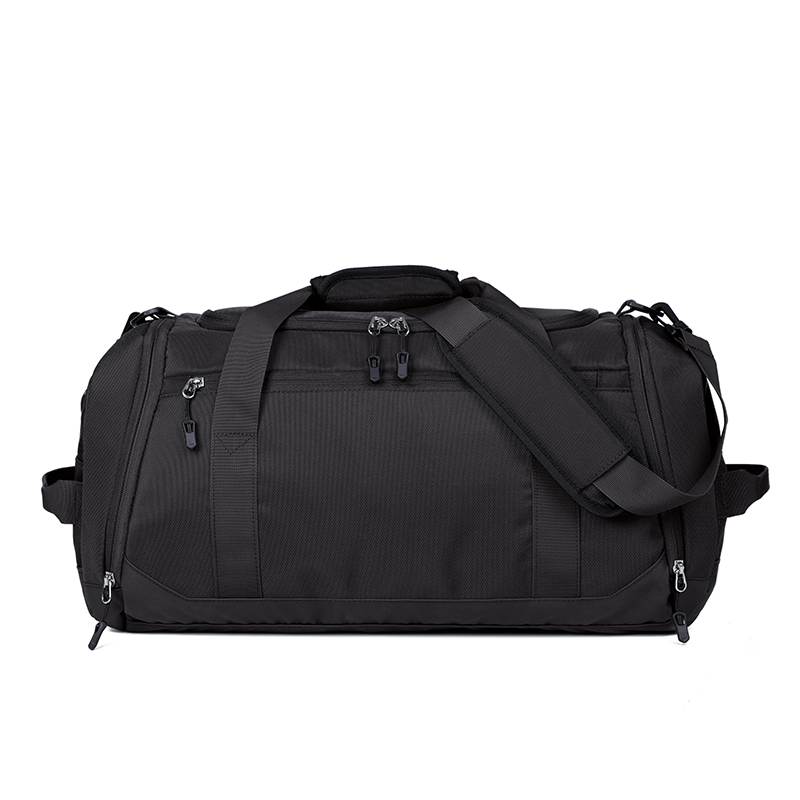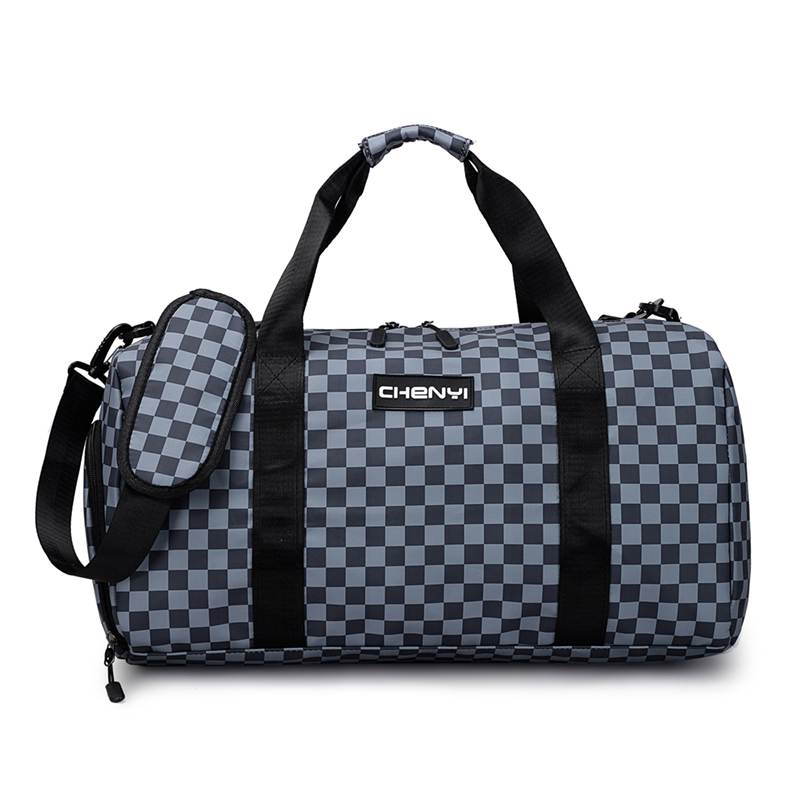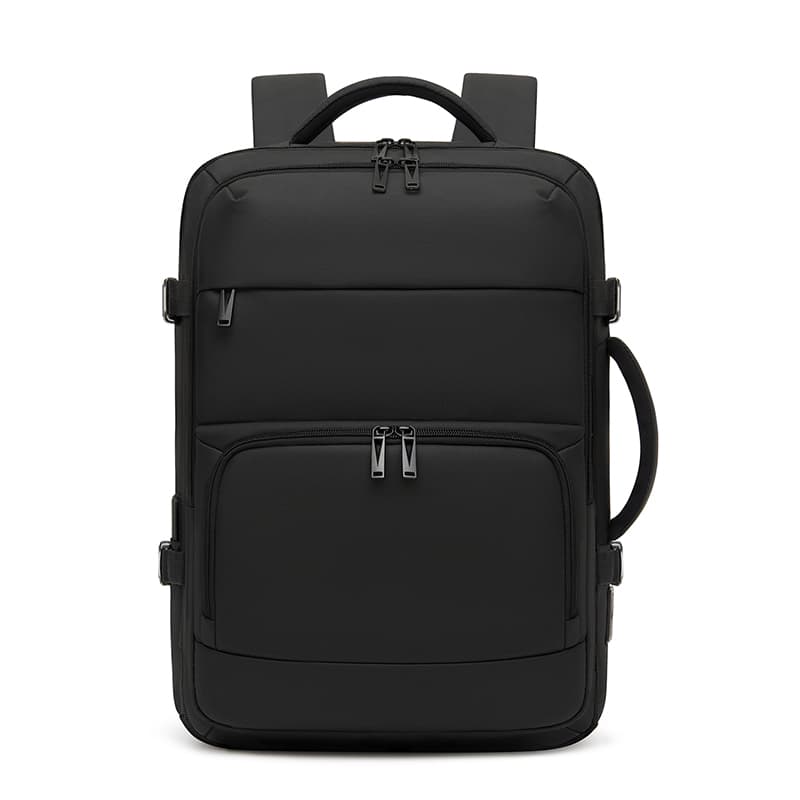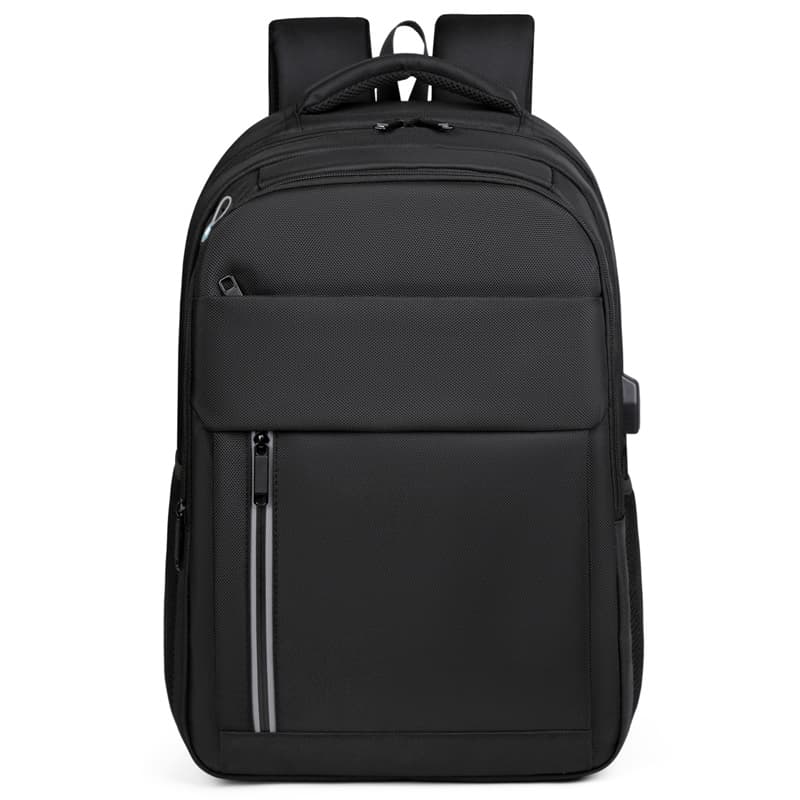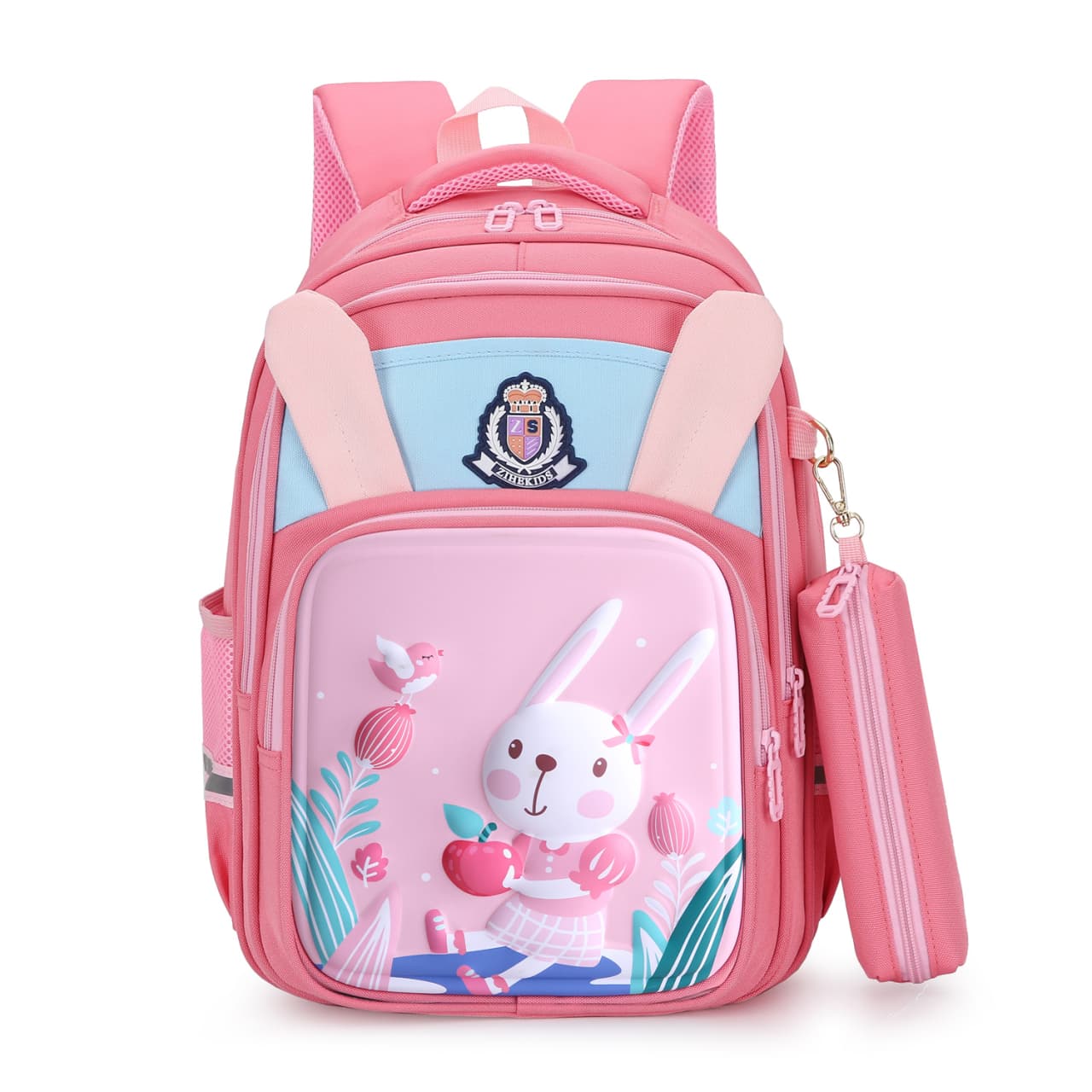Describe Polyester Fiber-Customization of Backpacks
2022-07-22 10:12:54
hebei leimande
Describe Polyester Fiber-Customization of Backpacks
The word "polyester" is a generic term for polyester fiber. It is a synthetic fiber made by polycondensing organic dibasic acid and dihydric alcohol, and it is spun from polyester. It is a polymer compound and now offers the widest range of synthetic fibers. Polyester materials are frequently employed in the baggage customization industry and are found in various types of bags. In the future, if the material description of the backpack tag says "polyester fiber," the backpack is made of polyester fabric.
One of the most popular fabrics for backpacks is polyester. It has several benefits, including great shape retention, high strength and elastic recovery ability, outstanding wrinkle resistance, no ironing, and non-stick hair.
I. The polyester fabric has good elasticity.
High strength, elastic recovery, strong wrinkle resistance, and form retention are all characteristics of polyester fabric. Backpacks are created with it. The resulting backpack is robust and resistant to wear. The fabric is exceptionally wrinkle-resistant, does not require ironing, and is not easily bent by the application of external force. The layout of the package body will be generally flat, attractive, and three-dimensional. Polyester-made backpacks are reasonably robust and not readily warped when used normally.
II. Effective light resistance
Its light resistance is only surpassed by acrylic (artificial wool). Polyester fabrics are more light-fast than fabrics made of acrylic fibers, and they are more light-fast than fabrics made of natural fibers. Particularly excellent—almost on par with acrylic—is the light-fastness behind the glass. When used outside, backpack goods made of polyester textiles are resistant to weathering, embrittlement, and breakage.
III. Limited dyeability
The polyester cloth has good color fastness despite its poor dyeability. Once effectively dyed, it is difficult to fade, and washing does not make it any easier.
IV. Insufficient hygroscopicity
Because polyester's hygroscopicity is less strong than nylon's, it has a lower air permeability than nylon. Polyester textiles' poor hygroscopicity is the exact reason why they are so simple to dry after washing and barely lose any of their strength, making them difficult to distort. The manufactured backpack goods are correctly washed and are typically not subject to washing-related deformation.
V. Poor melting resistance despite good thermoplasticity
Polyester is the fabric with the strongest heat resistance among synthetic fiber fabrics and has thermoplastic capabilities because of its smooth surface and tightly packed interior molecules. As a result, polyester fabric backpacks should attempt to prevent coming into touch with sparks, butts, etc.
Polyester textiles can be classified into many types of specifications according to the variable thicknesses of the fibers utilized. The term "fineness (D)" is typically used to describe the fineness of polyester materials, which is also referred to as a denier. The texture of the fabric is thicker, the gram weight is higher, and the wear resistance is better with a higher D number. Examples of frequently used polyester fabric requirements include those with denier counts of 150D, 210D, 300D, 600D, 1000D, and 1680D. The majority of these textiles are used to line backpacks, while fabrics with denier counts of 300D and more are utilized for basic items like clothing. It serves as the primary component of the backpack.




